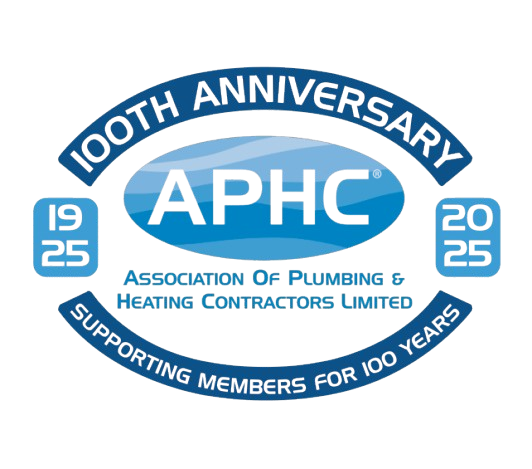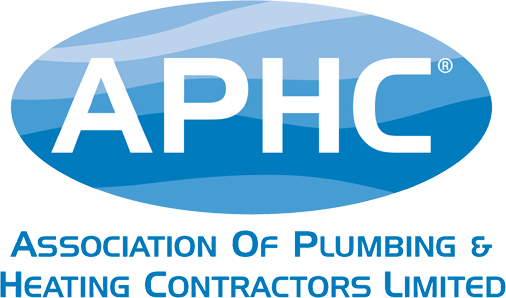In the realm of modern plumbing solutions, unvented cylinders have emerged as a game-changer, providing efficient and convenient hot water supply to homes and businesses. By law under Building Regulations, a range of building services and product fittings must be notified or self-certified, including unvented cylinders. In this blog post, we’ll delve into the world of self-certifying unvented cylinders and explore the benefits for installers.
What are Unvented Cylinders?
Traditionally, hot water systems relied on vented cylinders, which required a cold-water storage tank placed in the loft. Unvented cylinders, however, operate without a header tank, providing direct hot water supply from the mains. Choosing to then self-certify your unvented cylinders takes this a step further by eliminating the need for third-party certification during installation. This means that competent installers can self-certify the installation, ensuring compliance with building regulations.
Installation Process
Installing an unvented cylinder requires expertise and knowledge of local building regulations. Here’s a brief overview of the installation process:
Site survey: A professional installer surveys the property’s hot water needs and selects an appropriately sized cylinder.
Installation: The cylinder is installed, ensuring proper connection to the mains water supply and integrating safety devices.
Testing: Rigorous testing is conducted to ensure the system functions flawlessly, delivering hot water efficiently and safely.
Certification: The installer self-certifies the installation, confirming that it complies with relevant regulations and standards.
Why Choose Self-Certifying an Unvented Cylinders?
Cost-Effectiveness: By eliminating the need for third-party certification via building control inspection, self-certifying unvented cylinders reduces installation costs, making them a cost-effective option.
Time Efficiency: The streamlined certification process saves time, allowing homeowners to enjoy the benefits of their new hot water system sooner.
Reliability: These cylinders are designed for durability and reliability, providing a long-lasting solution for hot water needs.
Conclusion
When considering a hot water system installation, opting to self-certify your unvented cylinder ensures not only convenience but also compliance with regulations, providing peace of mind to homeowners and installers alike. APHC’s Competent Persons Scheme enables businesses to meet legal requirements and self-certify in a cost-effective way.
Find out more about APHC’s Competent Persons Scheme: Competent Persons Scheme for Plumbers | Notify Building Control (aphc.co.uk)



